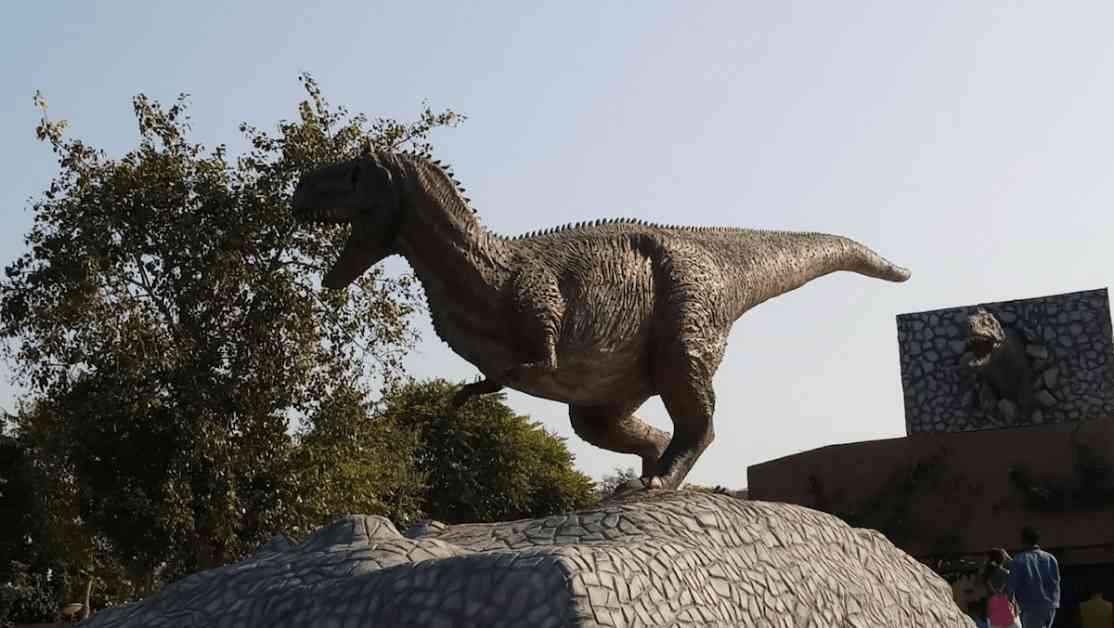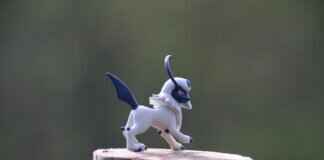Millions of years ago, Gujarat was home to a diverse array of dinosaurs, with the river plains near the Narmada Basin serving as ideal hatching grounds for these prehistoric creatures. Raioli in Balasinor, located in Gujarat, was a fertile breeding ground for numerous dinosaur species, making it the second-largest dinosaur hatchery in the world. The region’s rich history of dinosaur discoveries dates back to 1981 when dinosaur eggs were first unearthed from the Late Cretaceous period.
D.M. Mohabey of the Geological Survey of India (GSI) made the initial discovery in the Lameta Formation of Balasinor, Kheda District. Subsequent excavations led to the unearthing of skeletal remains of Titasaurid sauropods and Abelisaurid theropods, shedding light on the diverse dinosaur population that once thrived in the area. The findings also included fossilized dinosaur eggs, teeth, and bone fossils, providing valuable insights into the prehistoric ecosystem of Gujarat.
Today, Raioli village stands as a testament to Gujarat’s rich paleontological heritage, housing India’s first Dinosaur Museum and the world’s third-largest fossil park. The museum showcases various dinosaur exhibits, including life-size sculptures of indigenous breeds like the Rajasaurus Narmadensis, also known as the “Dinosaur King of Narmada.” This squat, crested-horned carnivorous dinosaur offers visitors a glimpse into the Jurassic era when dinosaurs roamed the region freely.
In addition to the museum, the Balasinor Fossil Park sprawls over 428 hectares, preserving fossils that are over 65.5 million years old. Fossils from the late Cretaceous age, including bones, eggs, and other unidentified remains, have been excavated at the site since the 1980s. Princess Aliya Sultana Babi, part of the ruling family of Balasinor, played a pivotal role in establishing the park after learning about the remarkable discoveries in the area.
The fossil park’s extensive collection includes a variety of fossils, ranging from femurs and pelvic bones to cranial cavities and spines, offering an immersive experience for visitors interested in paleontology. More than 10,000 dinosaur eggs have been unearthed at the site, varying in size from small eggs to cannonballs, further underscoring the region’s significance in the realm of dinosaur research.
The ongoing excavations and discoveries in Gujarat continue to unravel the mysteries of the state’s prehistoric past, shedding light on the diverse dinosaur species that once roamed the region. As visitors explore the Dinosaur Museum and Balasinor Fossil Park, they are transported back in time to an era when giants roamed the earth, leaving behind a rich legacy preserved in the sands of Gujarat.














